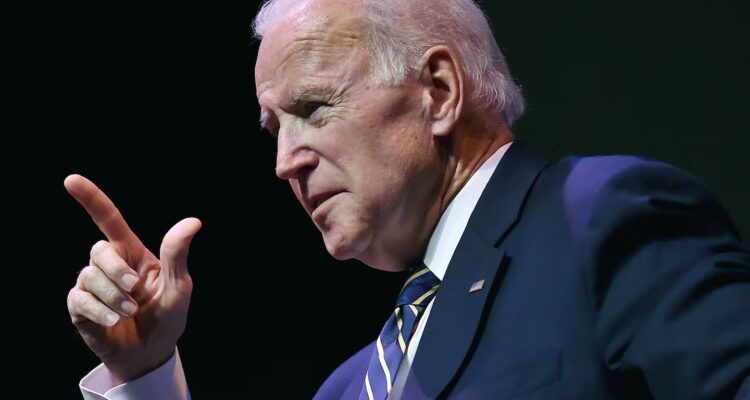JetBlue Airways faces a $2 million fine for operating “chronically delayed flights.” A federal investigation revealed the airline’s actions violated scheduling rules.
This is the first time the U.S. Department of Transportation (DOT) has penalized an airline for such delays. The government criticized JetBlue, calling it a “prohibited unrealistic scheduling practice” harmful to passengers and competition.
JetBlue must pay half the penalty to the U.S. Treasury. The other half will go to passengers impacted by delays or future disruptions lasting three hours or more. Compensation will be at least $75 per affected passenger.
“Today’s action puts the airline industry on notice,” said U.S. Transportation Secretary Pete Buttigieg. “We expect realistic flight schedules to protect competition and ensure fair treatment of passengers.”
Under DOT rules, flights are “chronically delayed” if they’re late more than 30 minutes, over half the time, for at least 10 flights a month. Delays longer than four consecutive months are considered unrealistic scheduling.
The investigation found JetBlue ran four chronically delayed flights 145 times between June 2022 and November 2023. Each flight was delayed for at least five months, totaling 395 delays and cancellations.
JetBlue also continued to operate three more delayed flights in Florida, New York, and Connecticut despite DOT warnings. Data showed JetBlue caused over 70% of disruptions for these flights.
Airlines are given time to fix chronically delayed schedules, but the DOT said JetBlue “failed to do so.” The agency emphasized its commitment to enforcing scheduling rules.
JetBlue defended itself, saying it invested “tens of millions” to reduce delays, particularly in the Northeast and Florida. The airline noted improvements in on-time performance in 2024.
The carrier argued the government shares responsibility. It called for modernized air traffic control (ATC) systems and more staffing to address “chronic ATC delays.”
The DOT is also investigating other airlines for “unrealistic flight schedules.” It sees this practice as deceptive and anticompetitive, denying passengers reliable information while misleading consumers.
